Bob's Basics: Residential Solar
Understanding grid-tied principles & net metering with Bob Callaway
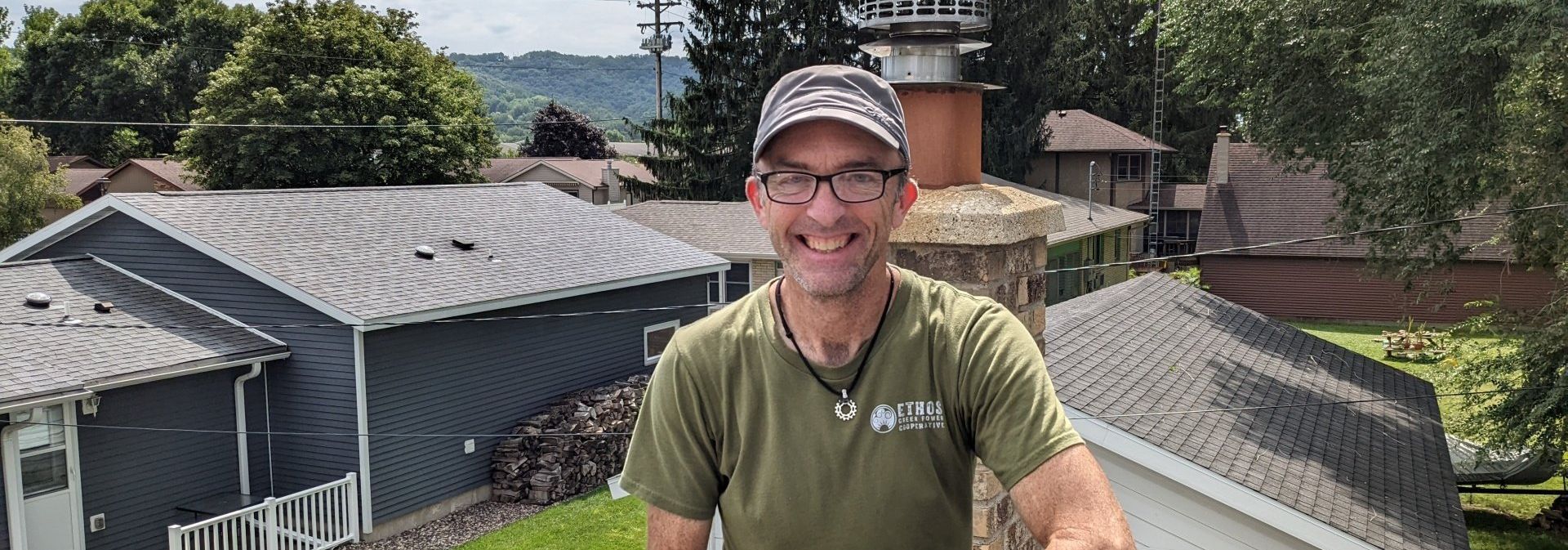
What are the common types of solar systems and how is grid tied different from an off-grid or a standalone system?
There are three different types, I guess maybe pretty obvious, but a grid tied solar system is tied directly to the grid. There's no storage, so everything that you make is either going to get used in the house or get exported back to the grid. A hybrid system, this is a similar situation, but you do have batteries available, so if you're overproducing, you can either charge your battery or the energy can go back to the grid. And then of course an off-grid system is you're not connected to the grid at all and you have to rely on your battery bank to provide all of your energy
It’s important to note that there are a couple of different modes that hybrid systems usually operate in. The most common is what is called self-consumption, where you would charge your battery during the day when the sun is shining and then discharge the battery throughout the night so you don't have to use utility power, or to combat time of use rates. - you could charge your battery, discharge your battery when electricity is really expensive instead of having to buy it at that time.
What are some of the common misconceptions that people have concerning solar?
There is a misconception that batteries are just immediately involved in any system. Like the whole concept of grid-tied - solar with no batteries - is a little tricky for some customers to wrap their head around.
So maybe the first thing to understand is the concept of net metering itself. Net metering really is the idea that you can use the energy that you're making before it goes back to the grid and receive credit for all of your electricity you send back.
The tricky part is that not all utilities credit back electricity the same. The term net metering may imply that you’re getting full retail credit for all of your electricity that you send back. And there are a few cases where that's true, but generally there are two factors that influence how the utility credits you. There's the timing of how they credit you and the rate at which they credit you. So they're both pretty critical.
Explain the different ways utility time their credits
Many utilities do it at the end of the month, so everything that you've overproduced for the month gets credited at the end of each billing cycle. Some do it annually, so any overproduction is just carried from one month to the next and they “true up” your account at the end of the year.
Then there's another method where they do it essentially in real time or in 15 minute chunks where if you're making more than you're using for that 15 minute chunk, they're buying it back from you immediately at some predetermined rate. And that's generally considered to be the worst, especially if the payback rate is wholesale.
Why is that?
Say, for example, you're a working family and everybody's off to work in the middle of the day, you're making electricity like crazy and there's low usage in the house, the utility is buying all that production at wholesale, and you come home at night as the sun's going down and then you're buying it back from them at retail, that might not make sense.
On the other side of the coin of the rate argument, one of the best deals in the area is Westby Municipal. I live in Westby and they also true up in real time, but they pay back at retail. So to me, I am getting full retail value for every kilowatt hour that I make. So it highlights the difference between the timing and the rate.
The only time you're really getting retail value is if you're using it while it's being made. And if you're not home, that's hard to do. There's ways to combat that, if you had an electric car for example, or some other energy load that you could run during the day when the system is producing energy. The other solution, of course, is a hybrid system with battery storage.
How important is the design of my system?
What’s important is to first look holistically at your energy usage over the year and work with a good system planner to put together a system design that plays well with the terms or your utility’s net metering.
It's really important to match the system size with not only how much electricity is being used throughout the year in gross terms, but
when. To look at a curve of consumption and then compare that to the curve of your production. So if you, let's say you're heating with electricity, but other than that, you don't have very much going on electrically, no big loads, gas, water heater or whatever. So your winter usage is going to be really super high and then in the summer pretty low relative to your winter months.
We're making the majority of our electricity in the summer. So if you can visualize it, those two energy curves would completely counter each other.
So let's talk about a person with electricity heat or geothermal, maybe they use 12,000 kilowatt hours in a year, but the bulk of it is in the winter months. If we just design a system to make that much energy, they'll be buying electricity in the winter and making way more electricity in the summer than you're using and selling all that electricity back to the utility.
So this goes back to how often the utility will true up your account and if that works for your scenario. If you're with a monthly true up utility, then you're going to get paid back monthly for all that overproduction in the summer. If they true up at the end of the year, then you can use the summer months to bank your electricity and the utility will just keep that on your account and you can use it to offset your usage in November and December.
Depending on how the utility's schedules its pay back, there may be a financial case to be made to put in a battery or look into installing a smaller system.
Is it possible I don't have the best scenario to go solar?
There are some times when a scenario is not a slam dunk case for solar. So one of the reasons why I love Ethos is that we're not profiteers and if we run across a situation like that, we can explain it to the customer why it isn’t a good fit - rather than just making empty promises and selling them the 12,000 kilowatt hour a year system and then not answering the phone when their bills aren’t going down. If a customer isn’t going to save much by getting solar, we’ll let them know.
What does it mean to you to be a hyper-local expert in solar?
It's kind of cool to go to events in town and say hi to all the customers that I've worked with in the past and who I know that Ethos has saved them money on their bill. It's pretty heartwarming. I get stopped pretty frequently from customers to chat about it and there's no reason to hang your head because like I said, we're above board company with that kind of thing and we're not in it to rip people off.
It's pretty fulfilling. I love solving problems and looking holistically at a client's house and their utility bill and how they heat their house and how solar might help them. That is very fulfilling and what keeps me coming back to work.
Any final thoughts?
Just the general concept of net metering that you get to use the electricity before it goes back to the grid, and then the timing at which your account is trued up and the rate which is trued up. Those are the three most important things. And then working with a company experienced in designing a system that not only generates electricity, but saves you money.


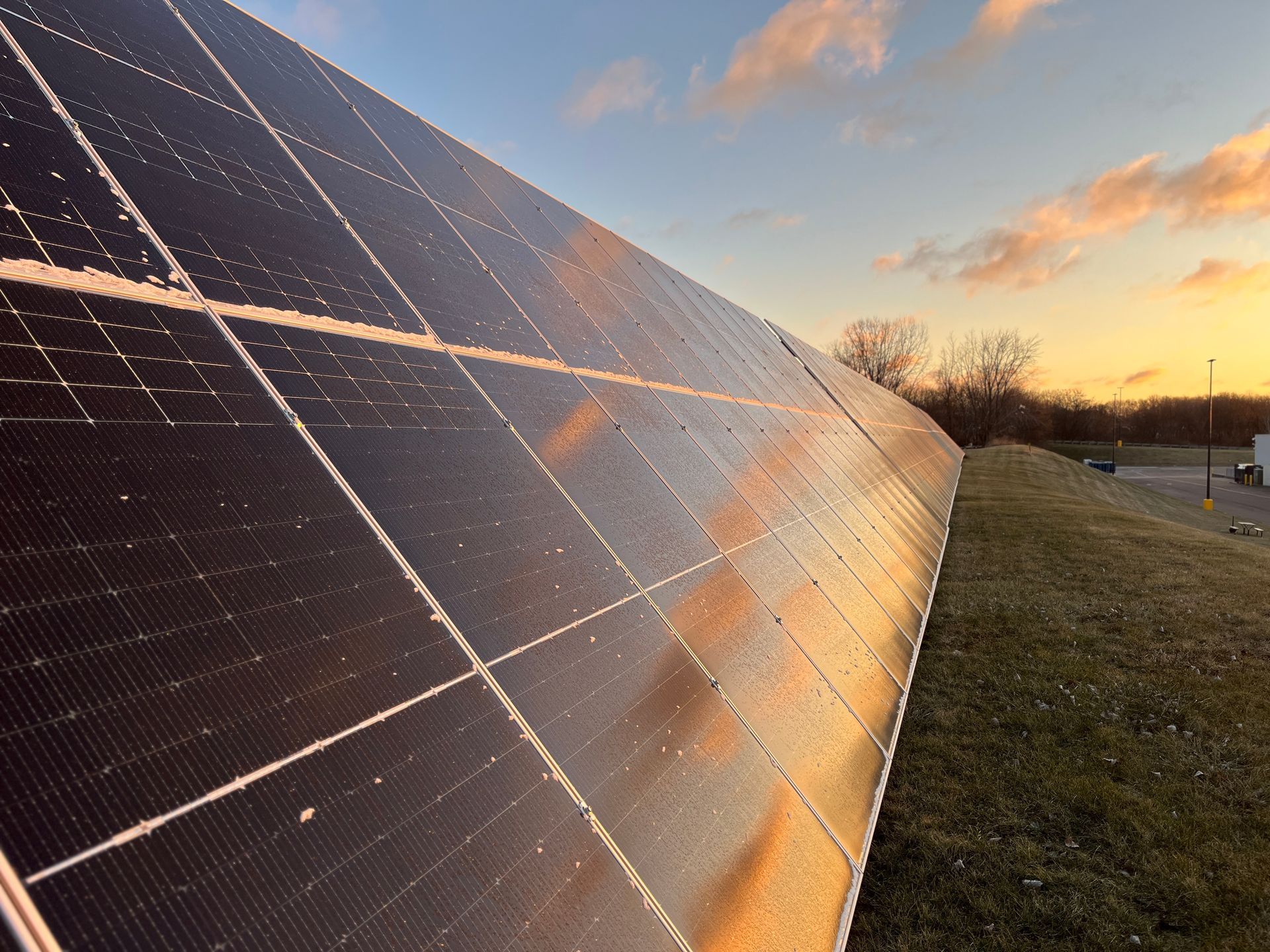
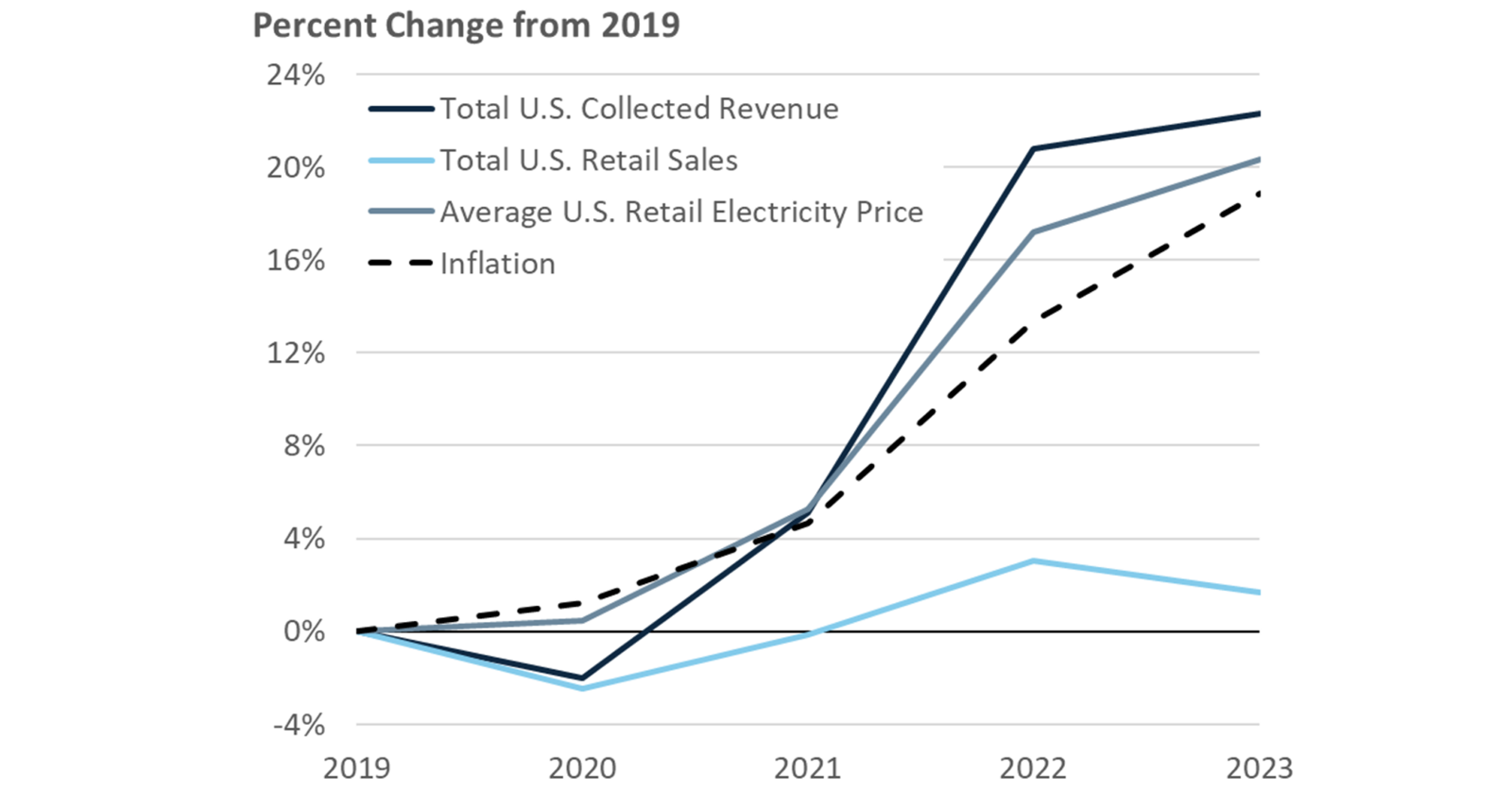





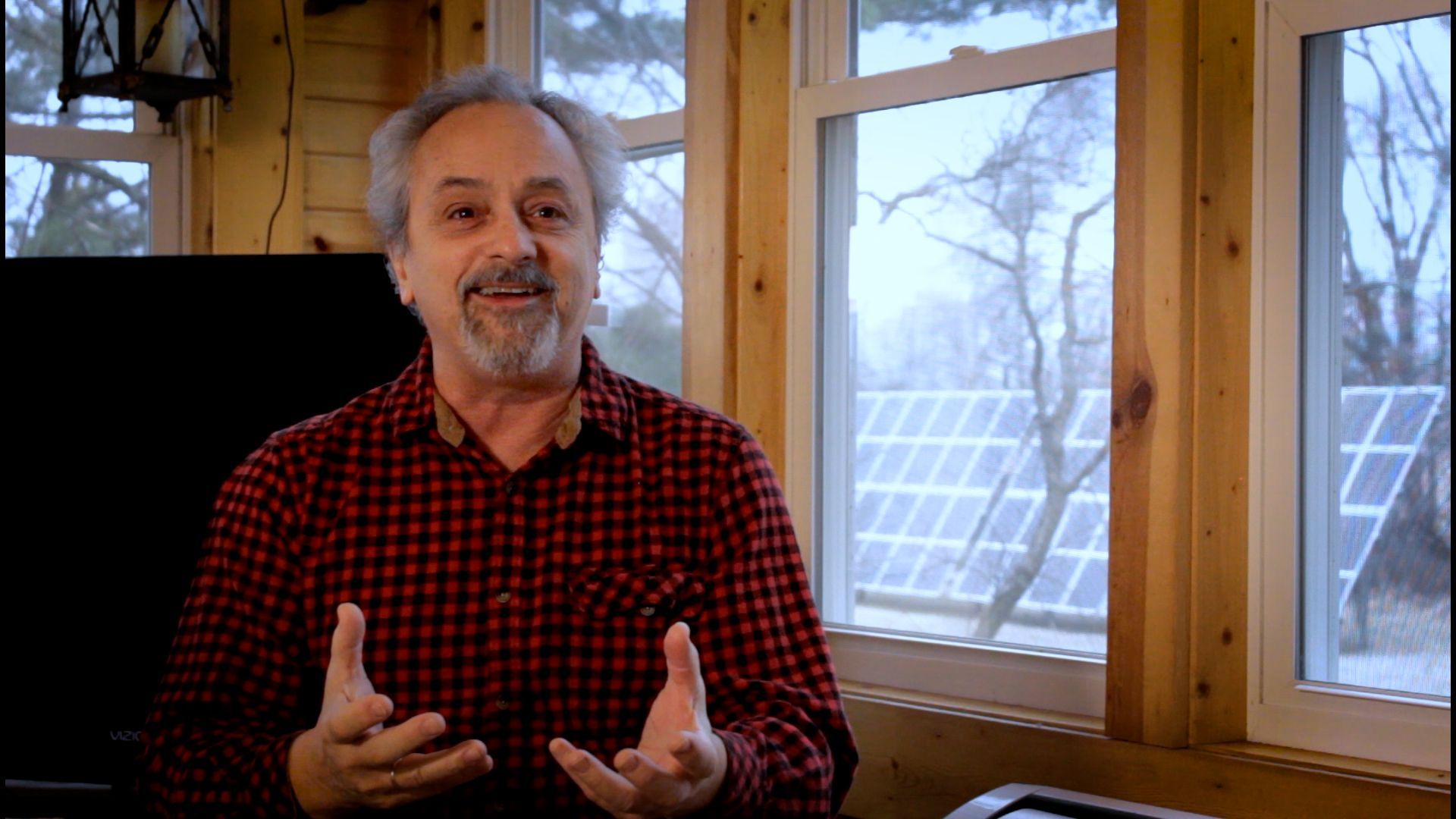
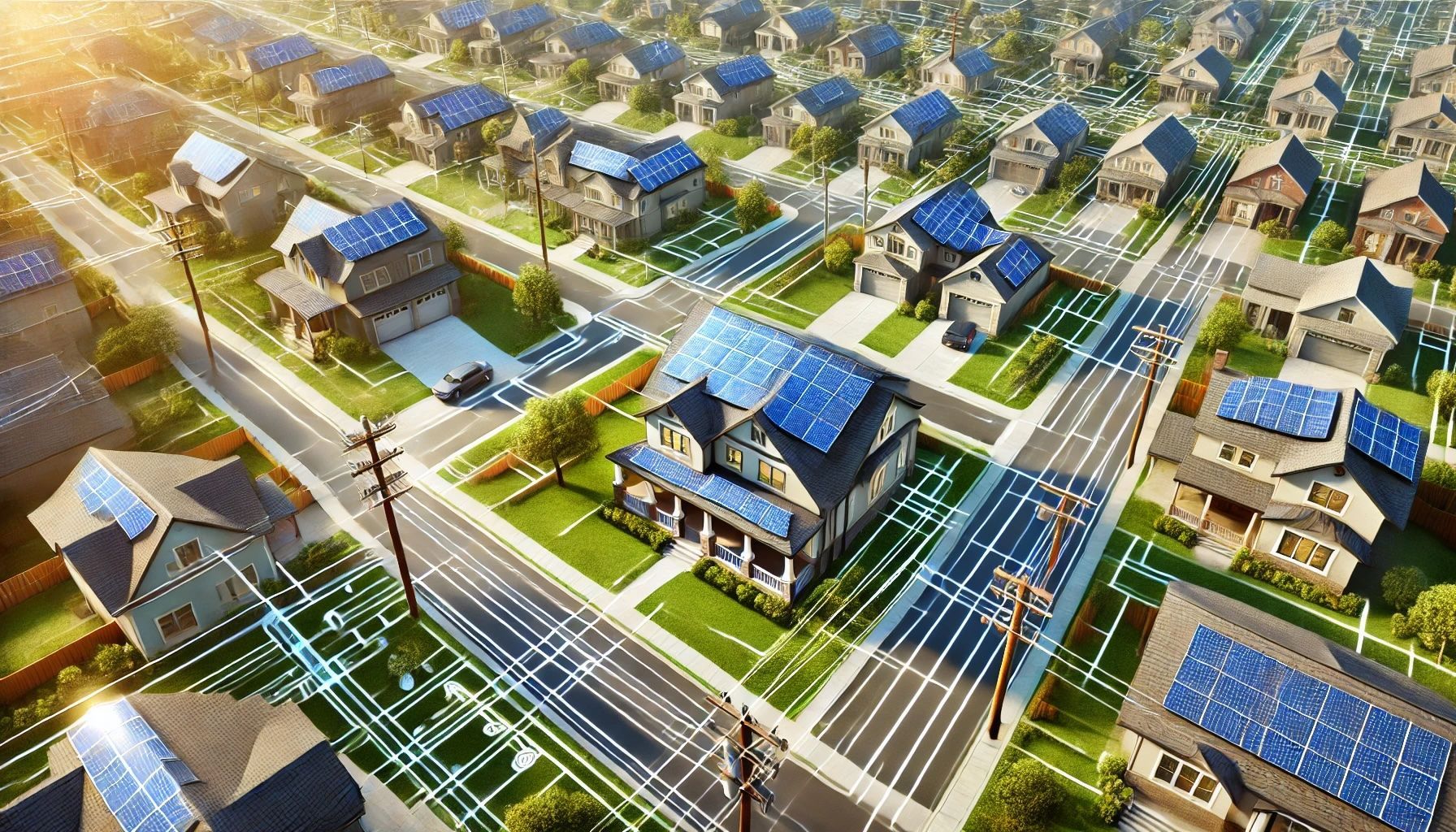
Share On: